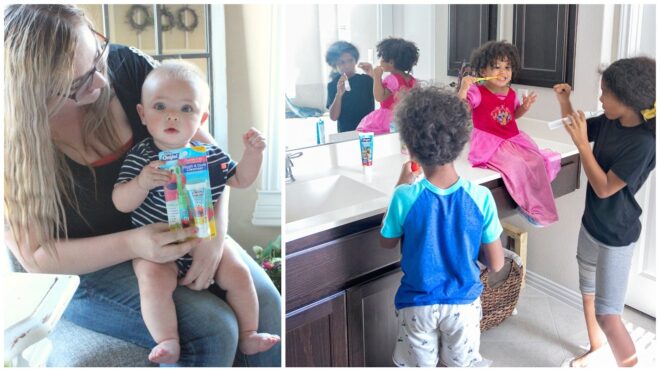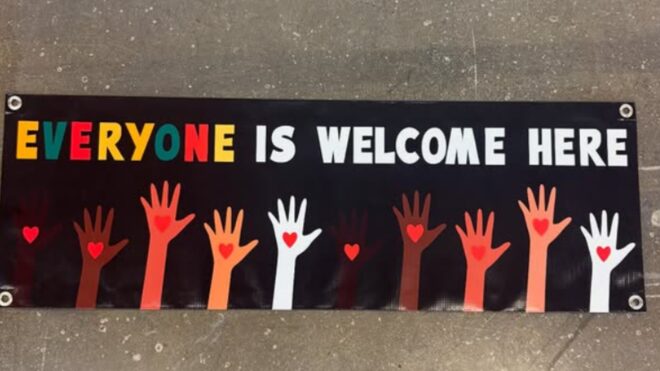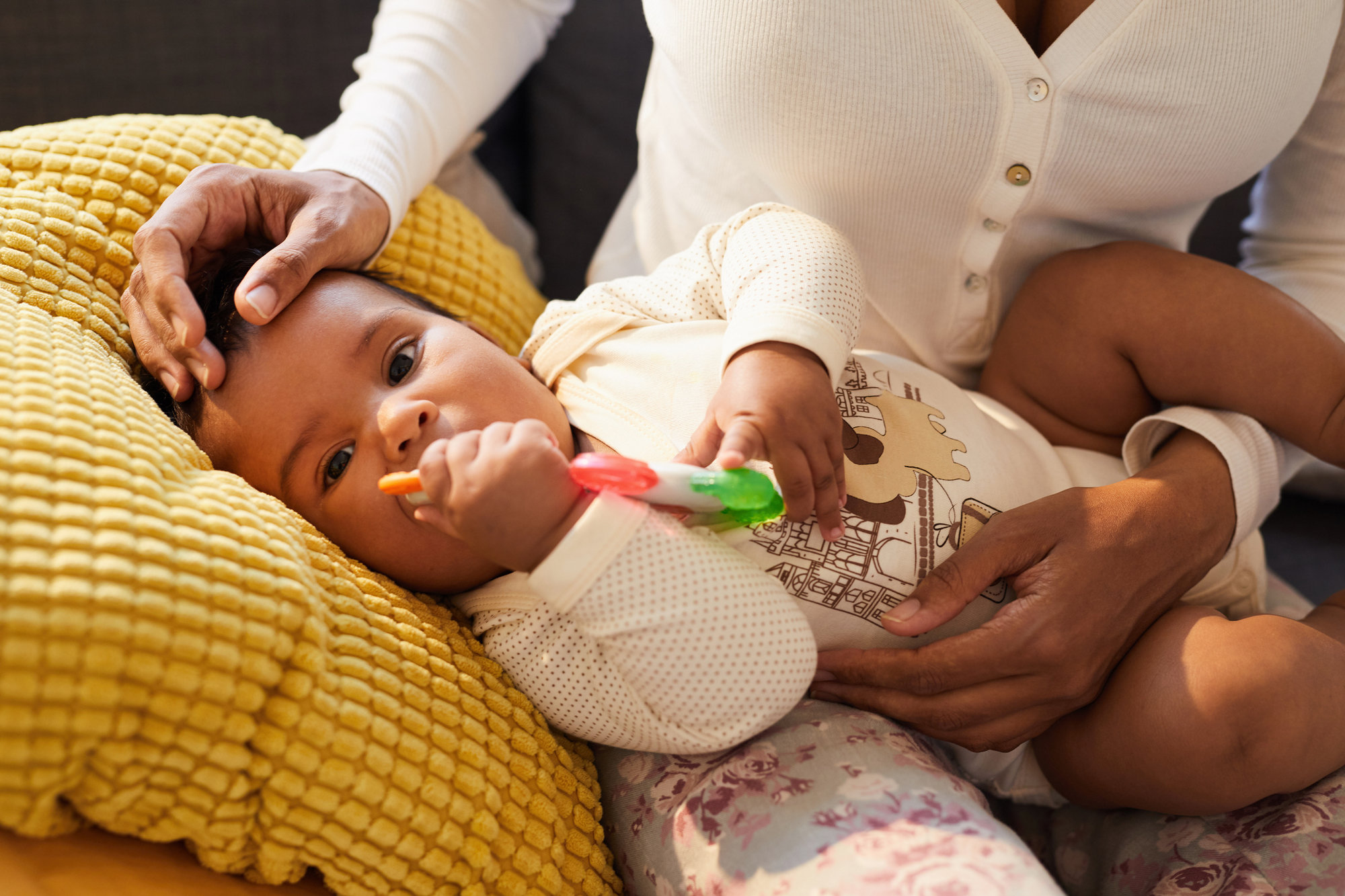
Let’s talk about teething from a parent’s perspective, shall we? It can be a very daunting time for parents, and it goes on for what can feel like an eternity because once one baby tooth comes in, there are more to follow. On average, a baby’s first tooth can appear anytime between 4 months and 12 months old, but all babies are different and some babies are even born with teeth – it happens. Once the first baby tooth appears, 19 more will follow, and the whole process can take up to two years.
Some babies experience no symptoms related to teething, and if that’s the case with your baby, feel free to do a celebratory jig because WOO to the HOO for you! As for babies who do experience symptoms related to teething, those symptoms can include excessive drooling, irritability, as well as sore and tender gums. No parent wants to see their baby in discomfort, and it’s natural to want to help relieve that discomfort, but there are certain mistakes you should avoid when trying to soothe teething babies.
Mistake #1: Assuming that a drooling baby is a teething baby.
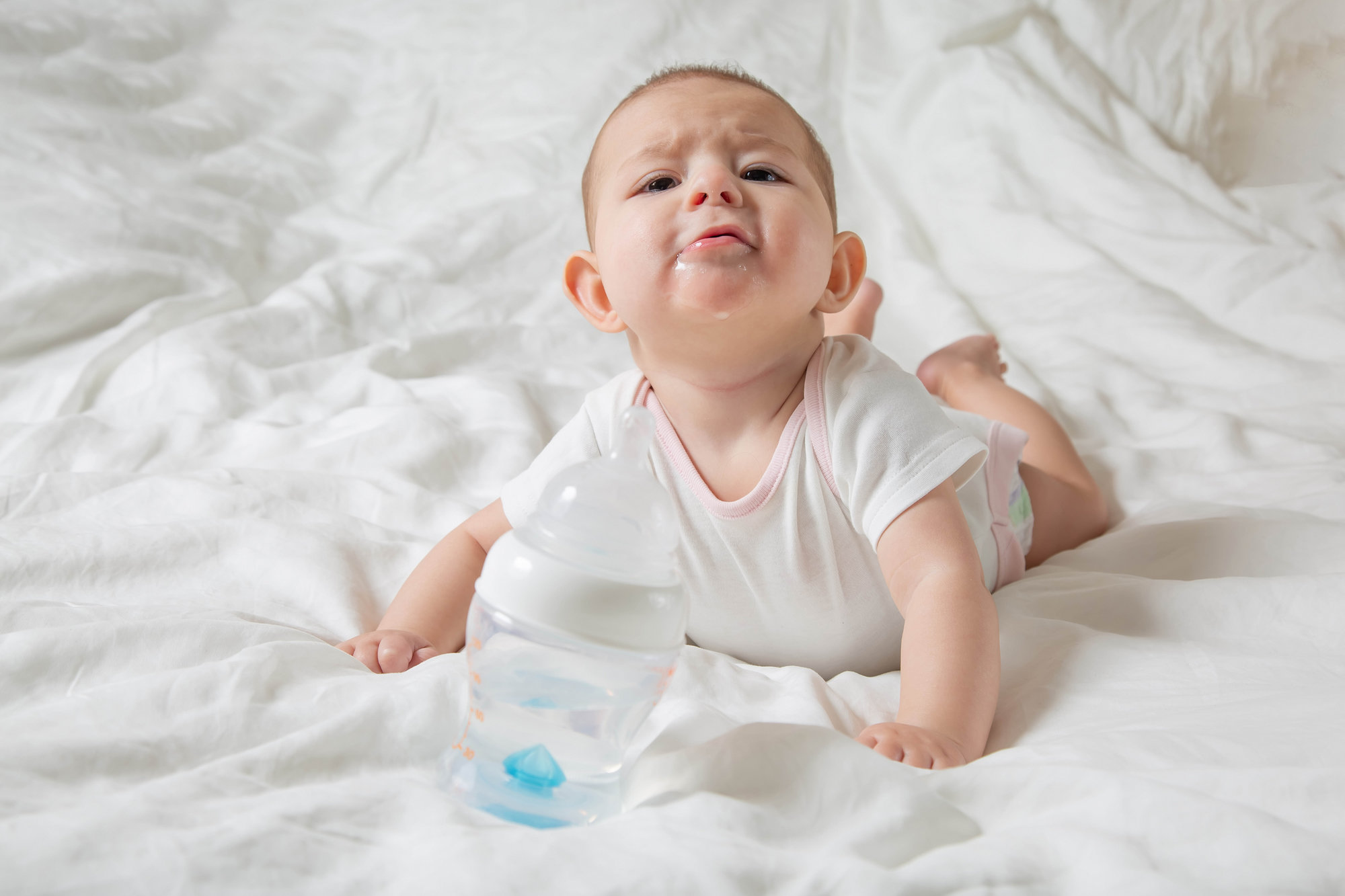
Yes, teething babies do tend to drool more, but drooling is not always related to teething. When babies are around 3 months old, they start to drool and stick things in their mouths. Many parents see that as a sign that their baby is starting to teeth, but that’s not necessarily the case because this also happens to be right around the time babies start exploring the world by putting everything they can into their mouths. So if drooling is not accompanied by discomfort, swollen gums, or irritability, then don’t feel like you have to go out of your way to soothe your baby.
Mistake #2: Giving baby adult medicine to relieve teething pain.
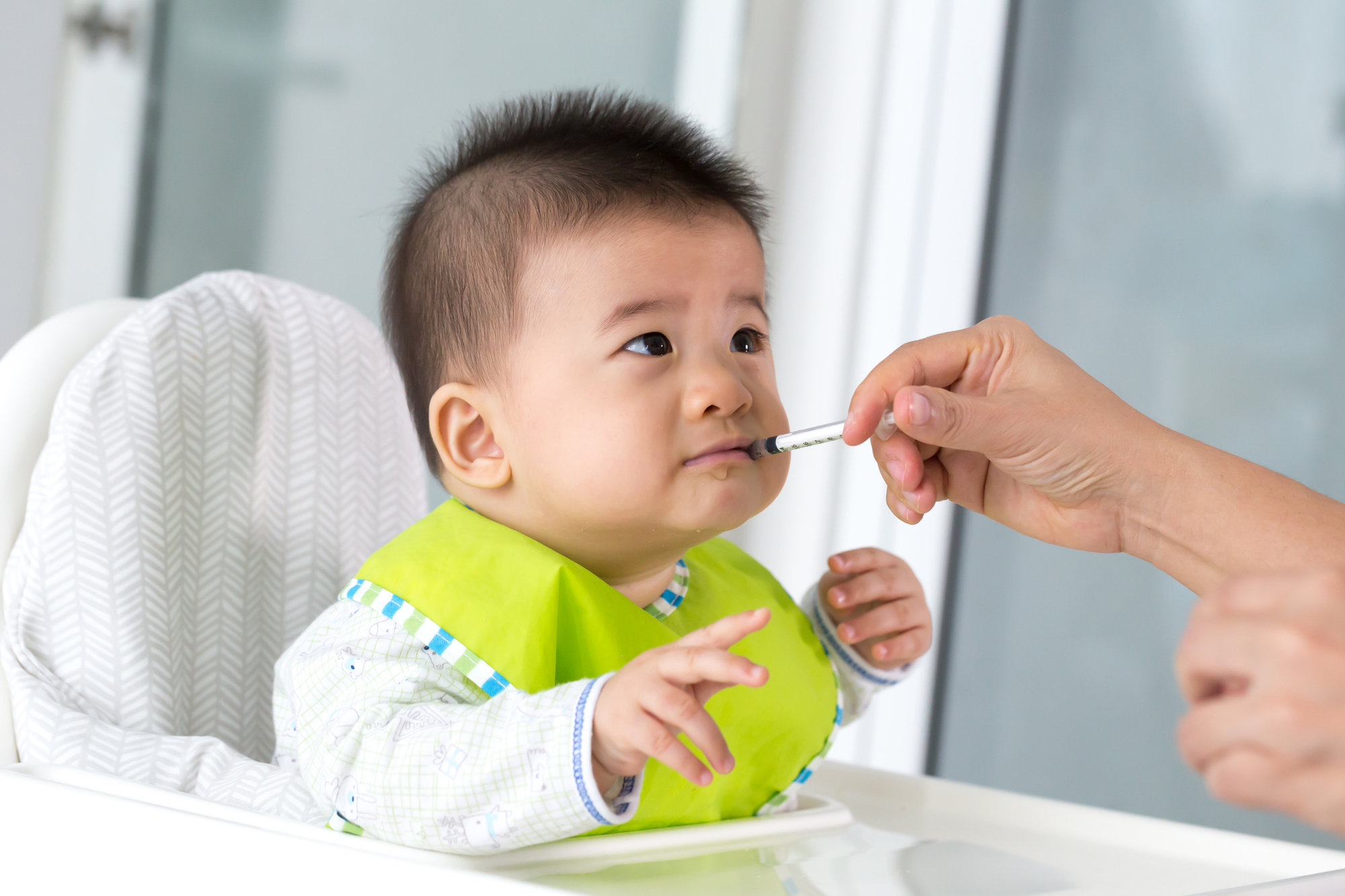
OK, so you’re sure your baby is teething, and you know the baby is more irritable than usual. You want to help out with the pain, and you’re consider giving medication like acetaminophen or ibuprofen. Here’s the thing: You have to give them medication made for infants or children. Do not give them adult medication. Talk to your pediatrician to make sure your child is old enough to take any medication and to find out how much to give.
Mistake #3: Weaning baby because they are teething.

A baby getting their teeth does not mean that you have to wean if you are breastfeeding. A baby who is nursing correctly will not bite you. If the baby does bite, it’s usually not while latching on or off the breast. If you want to wean for whatever reasons, then go ahead and do so. But if you are not ready to wean, don’t do so just because your baby starts getting teeth. Wait until you are both ready. It is possible to breastfeed throughout the teething process.
Mistake #4: Thinking baby is ready for solids because they have teeth.

As we mentioned, there are babies who are born with teeth, so having teeth does not mean that a baby is ready for solid foods. Babies who are ready to eat solid foods can sit upright and hold their head up on their own. They can also reach for food and put it in their mouth. Usually, babies are ready for solids around 6 months. One sign that a baby is not ready for solid food, regardless of whether they have teeth or not, is exhibiting what is called the tongue-extrusion reflex, which is when a baby pushes their tongue out of their mouth when it is touched by a solid or semisolid object. This reflex is designed to keep them from choking.
Mistake #5: Dismissing a fever or diarrhea as symptoms of teething.
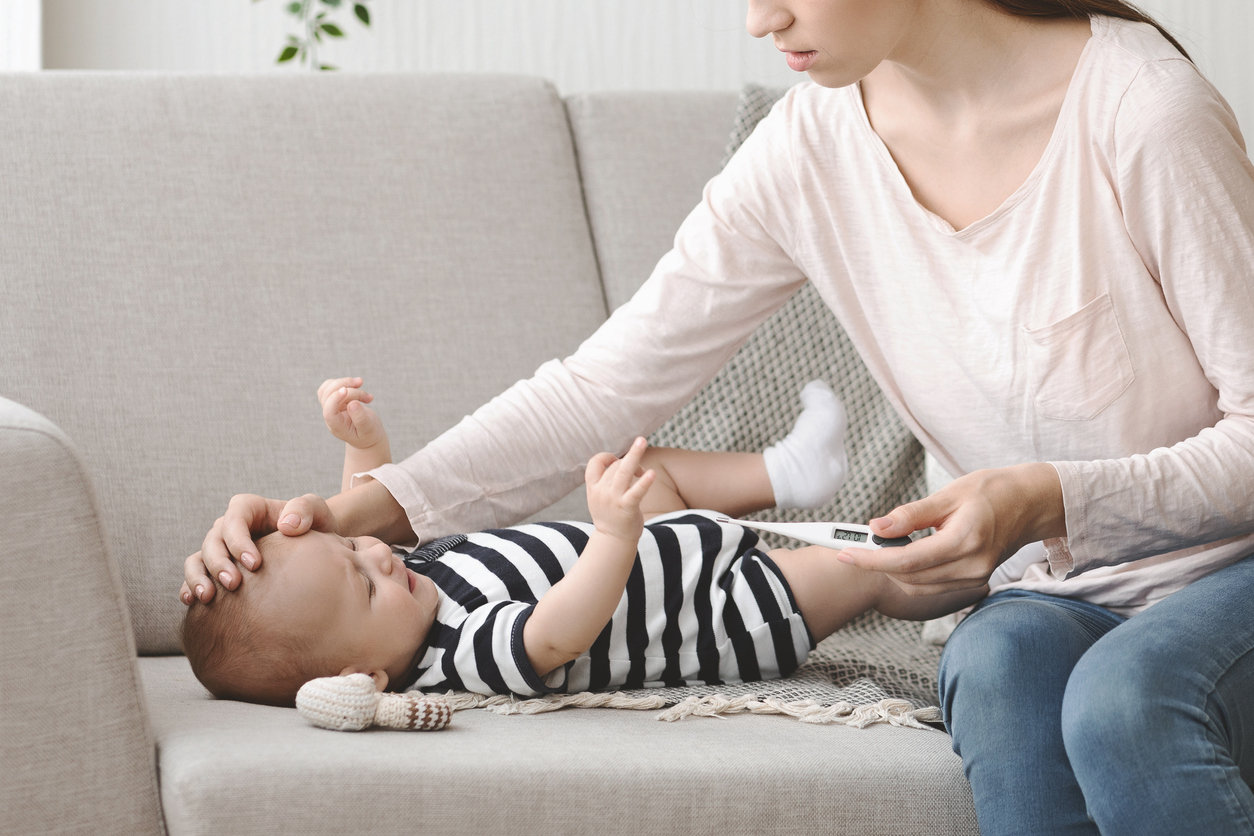
Many people seem to think that teething babies develop fevers or diarrhea, but the Mayo Clinic advises that “researchers say these symptoms aren't indications of teething. If your baby has a rectal temperature of 100.4°F (38°C) or diarrhea, talk to the doctor.” Teething might slightly elevate your baby’s temperature, but not by much. If your baby has a temperature of 100.4°F or above, it’s important to consult a doctor because the fever might be a sign of infection.
When in doubt, reach out. Never ever feel bad about contacting your baby's doctor or health care providers to ask questions about teething or anything else. These medical professionals are there to help you and your baby. If nothing else, they might just reassure you that you are doing a great job.

